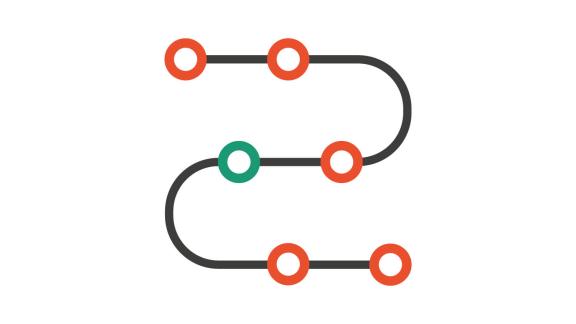Systems for Change: tapping into good practice

This article forms part of the Systems for Change project, which provides practical learning and tools to support integrated care systems to drive social and economic development.
If you work in an integrated care system, VCSE organisation, local government, business or academia and are looking to bring people together to improve people’s lives, the Systems for Change learning platform has been developed for you.
During the course of the learning capture exercise, we heard about the many different ways ICSs are approaching their purpose to support social and economic development. This is not something that fits neatly into a box. Instead, there is a wide-ranging menu of options and different ways in, with activities of varying size and scope within and across systems.
There is variety in what ICSs are doing because of the different drivers for action in different systems and the varying institutional, connecting, capacity building, partnership, and industry roles the NHS can play in response.
Drivers for action
As the system stories show, each system, like each community, is different. Therefore system actions on social and economic development can vary according to the local drivers for action.
- In the South West, for example, the challenge in recruiting to the health and care workforce is causing many ICSs to want to get involved in improving housing, transport, and childcare in the region.
- In South Yorkshire, poor health outcomes have been identified as a key factor in the reduced productivity of the region, making improving health the cornerstone priority of local government and the NHS.
- Greater Manchester has identified low employment rates for people with chronic health conditions, so tackling this aspect has been a core plank of the area’s activity.
Responses
1. Institutional activity
There are actions that NHS and other institutions within ICSs are taking to support social and economic development – as employers, consumers, estate managers and more. This includes making commitments to things like the living wage, sourcing from local suppliers and reducing energy consumption. And often, with the NHS as the biggest employer, consumer and estate manager in an area, the impact of can be significant.
Practical examples of this include:
- Cheshire & Merseyside Anchor System Charter
- Commitment to the real living wage for social care staff
- NHS anchor institutions like Ashford and St Peters NHS Foundation Trust
- Humber & North Yorkshire’s Greener NHS programme
Existing learning and resources on the role of anchor institutions includes:
2. Connecting and community-building activity
The NHS plays a role to connect people into social, practical, economic support that’s available in communities and the voluntary sector through things like social prescribing, support for high-intensity use of health services, and other link worker approaches. By also working to build on existing assets in communities the ICS can support further improvement in the social and economic conditions that affect people’s health.
Practical examples of this include:
- Green social prescribing programme coordinated through the Humber & North Yorkshire VCSE Collaborative with increased and collaborative delivery of outdoor community-based activity, contributing to improved mental health and employment prospects
- Growing Health Together in East Surrey
- Volunteer Cornwall High Intensity User Service.
Existing learning and resources on social prescribing and other link worker activity include:
3. Partnership activity
In some systems the NHS is playing its role as a system partner to improve provision and access to public services that affect health and wellbeing and impacting on things like workforce and demand in the system. This includes partnership activity on employment, workforce, welfare, housing, transport and more.
Practical examples of this include:
- Greater Manchester Working Well’s Work and Health Programme
- Greater Manchester Fit for Work programme
- Greater Manchester Individual Placement Service
- West Yorkshire Mental Health and Wellbeing Hub for staff
- Greater Manchester local recruitment events for health and care like Step into Care
- Group of GPs in Cheshire & Merseyside developing a ‘Deep End’ Project
- Humber and North Yorkshire’s Resilience Hub offering health and care staff mental health support to enable increased work retention and productivity
- Bristol, North Somerset, South Gloucestershire NHS local recruitment drive targeting people from areas of deprivation and measuring progress through employment metrics by postcode
- Somerset SWAPs training and support programme to help local people access jobs and careers in health and care
- United Surrey Workforce development
Existing learning and resources on the social determinants of health include:
4. Economic activity
Looking at things the other way round, there are then actions that NHS organisations can take as part of systems to boost regeneration and grow the health sector as an industry of innovation and investment, contributing to the local economy.
Practical examples of this include:
- North Manchester Strategy
- Health Innovation Manchester
- South Yorkshire Digital Health Hub
- Putting health on the high street through Barnsley Glassworks Diagnostics Centre in South Yorkshire and an outpatient assessment clinic in central Poole (Dorset).
- Humber & North Yorkshire’s Building better places investment proposal
- Development of digital tech solutions like North West Surrey Health and Care Alliance’s Tribe App
Existing learning and resources on innovation and growth in the health industry include:
Find out more about the Systems for Change project and access a range of resources.



